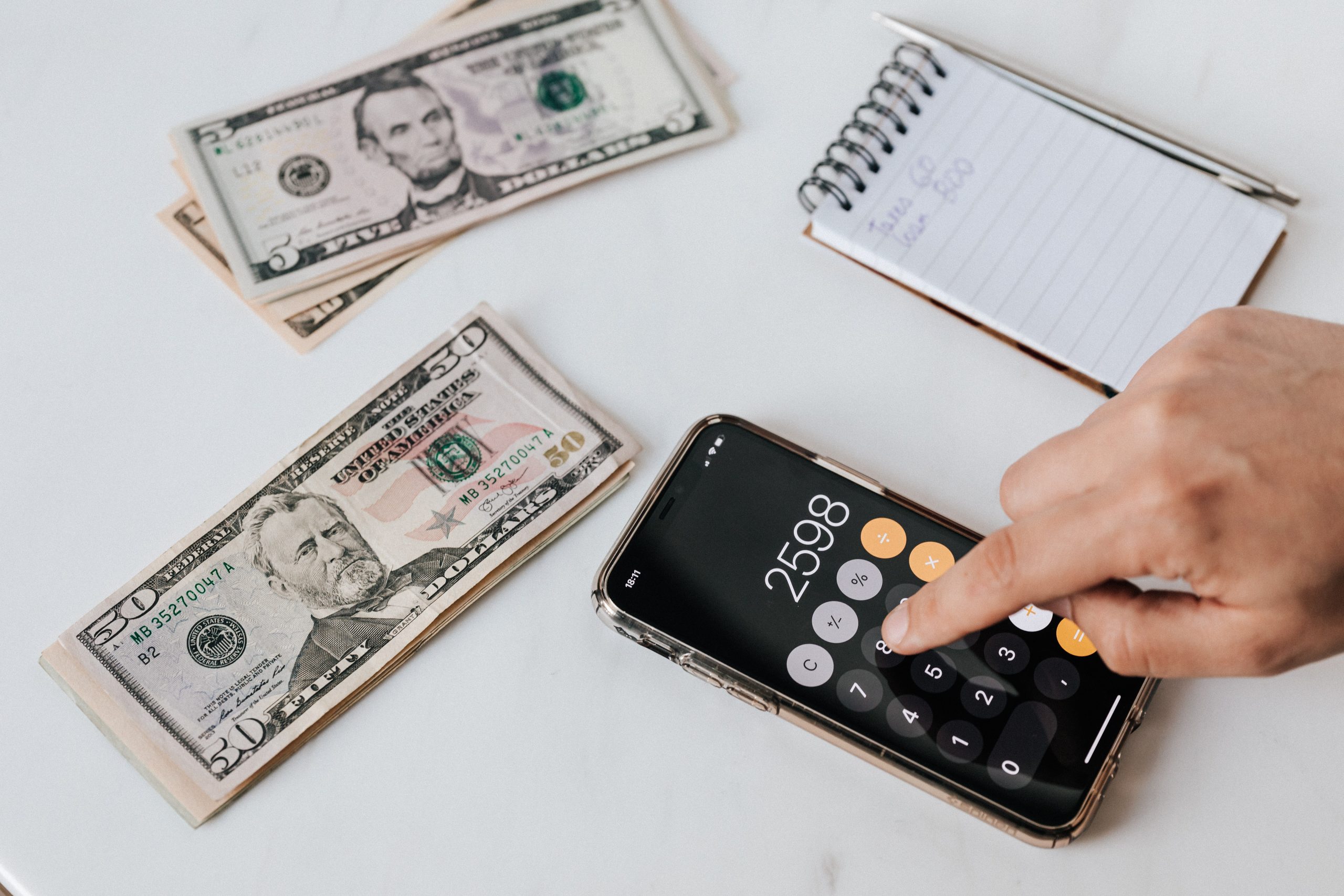As the world continues to witness a surge in private equity investments, Japan is emerging as a hotbed for this financial phenomenon. The recent Toshiba buyout deal has spotlighted the crucial role that funds play in transforming struggling companies into thriving businesses. In this blog post, we delve deeper into the rise of Japanese private equity and how it’s shaping up the country’s business landscape. Buckle up for an insightful read!
Toshiba’s $18 billion buyout of Westinghouse
Japanese private equity firm Bain Capital was the most active investor in Toshiba’s $18 billion buyout of Westinghouse Electric Corporation. The rationale for this investment is simple: Bain Capital believes that the combined company will be able to stronger compete against its main competitor, Asian manufacturer Samsung Electronics.
The acquisition is a big win for Toshiba, as it gains access to advanced nuclear technology and Westinghouse’s experience in building nuclear power plants. However, there are some risks associated with the deal. For example, the acquisition could weaken Toshiba’s competitive position in the market if regulatory hurdles prevent the two companies from merging smoothly. Additionally, some observers have raised concerns about whether Bain Capital will be able to adequately protect Toshiba’s shareholders in light of its extensive exposure to riskier investments.
Background of Japanese private equity
Japanese private equity has seen a meteoric rise in recent years as the industry has matured. In this article, we explore the role of Japanese private equity funds in Toshiba’s $18 billion buyout deal.
Japanese private equity was born out of necessity after the bursting of the Japan asset price bubble in 1990. At the time, many Japanese companies were insolvent and had to be rescued by government funding or bought out by large domestic firms. This environment created a shortage of capital for young, innovative companies and led to a cycle of consolidation and decline for many Japanese businesses.
In response, various groups formed to pool capital and support Japanese companies through investment and management. The first Japanese private equity firm, Shinsei Capital Partners, was founded in 1992. Since then, there have been dozens more firms specializing in Japanese private equity.
Today, Japanese private equity is one of the most active industries in terms of deals closed. In 2016, total investments made were $48 billion, up from $10 billion in 2010. This growth is due in part to increased demand from institutional investors looking for opportunities outside of traditional stock markets. Additionally, Japan’s aging population and shrinking labor force are creating new opportunities for business expansion through acquisition and innovation.[1]
The role that Japanese private equity funds played in Toshiba’s buyout deal is significant because they acted as both financial backers and strategic consultants during the negotiations process. Funds such as Warburg Pincus and TPG Capital typically
The role of funds in Toshiba’s buyout deal
Private equity firms have played a significant role in the rise of Japanese businesses, and their involvement in Toshiba’s buyout deal is a prime example. Funds play an important role in these transactions, both as investors and as advisors.
Funds typically invest in companies through share purchases or loans. They use their capital to help businesses grow and improve their bottom lines. Funds typically hold a significant stake in the businesses they invest in, and they are able to provide valuable guidance and management expertise.
Funds also play an important role in helping companies execute on their acquisition targets. They can provide operational support during the acquisition process, help to negotiate deals, and provide financial backing once a deal is completed.
Private equity firms have become increasingly common players in the global marketplaces. Their involvement in Toshiba’s buyout deal shows just how important funds are playing in Japanese business growth strategies.
Opportunities for Japanese private equity in the United States
Japanese private equity firms have been increasing their activity in the United States, as the country continues to be a top investment destination. In early May, Toshiba announced that it had agreed to buy out its American subsidiary for $18 billion, marking one of the largest deals ever done by a Japanese company in the U.S. This purchase is being led by Bain Capital, which is one of the largest private equity firms in Japan and has been investing in companies in the U.S. for over 20 years.
The increase in Japanese private equity investment in the U.S. can be attributed to a number of reasons. For starters, there are increasing opportunities for growth within the country due to demographic changes and a growing economy. Additionally, Japan’s own private equity industry is increasingly looking for opportunities outside of Japan, as there are limits on how much money Japanese investors can invest inside of Japan without running into regulatory issues. Finally, U.S.-based companies generally have a more developed infrastructure than their counterparts in Japan and offer better prospects for growth and profitability abroad.
Despite these advantages, there are also some challenges associated with investing in the U.S., particularly when it comes to regulations and taxation issues. These issues can be more challenging to navigate for foreign investors because they do not always have a deep understanding of American business culture and legal systems. Nevertheless, Japanese private equity firms remain committed to investing in the U.S., as there are many high-growth opportunities available here that
Conclusion
Since the late 1990s, Japanese private equity firms have been aggressively expanding their operations into countries around the world. While this expansion has led to increased competition and more aggressive investment practices, it also has had a positive impact on the overall health of the private equity industry. In particular, Japanese private equity funds have played an important role in helping to finance some of the most significant deals in recent years—including Toshiba’s buyout of Westinghouse Electric Company.











